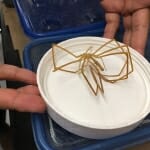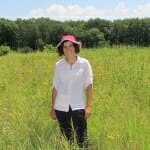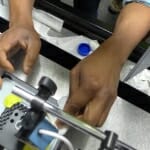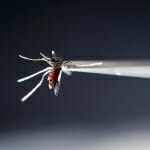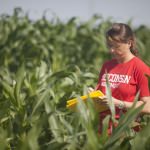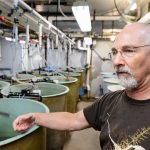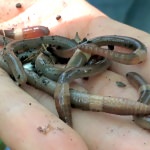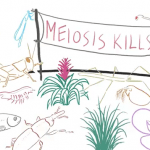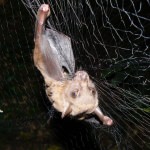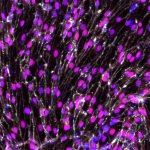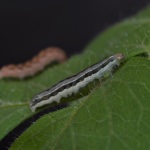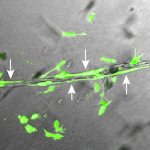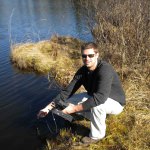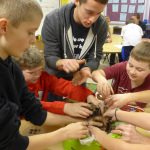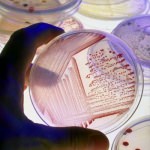Tag Biology
UW-Madison biomanufacturer offers essential gene-transfer capacity
A UW–Madison lab that makes proteins, antibodies and viruses has begun manufacturing a virus critical to experimental treatments for many genetic conditions.
Spiders and scorpions have co-opted leg genes to build their heads
New research shows that the common house spider and its arachnid relatives have dispensed with a gene involved in creating segmented heads, instead recycling leg genes to accomplish the task.
Green spaces in cities help control floods, store carbon
A new study finds that urban green spaces like backyards, city parks and golf courses contribute substantially to the ecological fabric of our cities — and the wider landscape — and should be included in ecological data.
From fungi to humans, ‘smart valves’ assist communication within, between cells
Trees. Fungi. Monkeys. Fish. Your aunt and uncle. Without fusion pores built of SNARE proteins, they can't exist.
Monkeys infected by mosquito bites further Zika virus research
Monkeys who catch Zika virus through bites from infected mosquitoes develop infections that look like human Zika cases, and may help researchers understand the many ways Zika can be transmitted.
Fish respond to predator attack by doubling growth rate
“In water, the surviving perch grow twice as fast, because they are smelling something that signals the presence of predators,” says researcher Terence Barry.
New Faculty Focus: Hilary Dugan
New Integrative Biology Professor Hilary Dugan once worked as a research assistant in the Canadian Arctic and fell in love with fieldwork and studying global change. At some point, her interests narrowed to water, and eventually lakes.
Citizen scientists scour Madison area for invasive jumping worms
The worms churn through leaf litter at a faster clip than their more sluggish earthworm cousins, potentially processing nutrients faster than plants are able to use them and disrupting ecosystems.
Study reveals interplay of an African bat, a parasite and a virus
The role of bat parasites in maintaining chains of viral infection is little studied, and the new study serves up some intriguing insights into how viruses co-opt parasites to help do the dirty work of disease transmission.
Stem cells yield nature’s blueprint for body’s vasculature
A team led by Igor Slukvin, a University of Wisconsin–Madison professor, describes the developmental pathway that gives rise to the different types of cells that make up human vasculature.
Bacterial supermachine reveals streamlined protein assembly line
Biochemists from the University of Wisconsin–Madison and the Max Planck Institute (MPI) for Biophysical Chemistry in Germany have revealed the defined architecture of what is called the “expressome.”
When it comes to biological populations, expect the unexpected
More than three decades of data on the physical, chemical and biological variables in 11 Midwestern lakes show that while lake temperatures and nutrient concentrations rise within relatively expected ranges, biological organisms achieve high population extremes.
UW helps schools update approach to science education
Each year, Biocore sends as many as 50 other science outreach ambassadors to Wisconsin schools to teach the students about science, often using Wisconsin Fast Plants.
UW-Madison launches Microbiome Initiative
Recent studies have shown that the complement of microorganisms known as the microbiome is an important determinant of human health and disease.


